Acronym: WMO
Established: 1950
Address: Av. de la Paix 7 bis, 1211 Geneva 2, Switzerland
Website:
https://www.wmo.int/pages/index_en.html
Stakeholder group: International and regional organisations
WMO is a specialised agency of the United Nations dedicated to international cooperation and coordination on the state and behaviour of the Earth’s atmosphere, its interaction with the land and oceans, the weather and climate it produces, and the resulting distribution of water resources. It boasts a membership of 193 member states and territories. Weather, climate, and water respect no national boundaries, and so cooperation is key.
National Meteorological and Hydrological Services (NMHSs) work around the clock to provide early and reliable warnings of severe weather. WMO also measures and forecasts air quality and monitors and projects climate change. The overriding priority is to save life and property, protect resources and the environment, and support socio-economic growth. With this work, WMO supports NMHSs and meets their international commitments in disaster risk reduction, climate change mitigation and adaptation, and sustainable development.
Digital activities
Data is in WMO’s DNA. Data is gathered from one of the most diverse data-gathering systems worldwide, consisting of more than 10,000 manned and automatic surface weather stations, national radar networks, ocean observing stations, and weather satellite constellations. Data exchange underpins all WMO core functions from weather forecasting to climate, hydrological, and ocean monitoring. Supercomputers and global telecommunication systems power the ever-growing appetite for data.
WMO also explores the role of new technologies and their relevance for public weather services including the use of AI approaches. AI complements complex numerical weather prediction algorithms that process vast amounts of data and calculate the behaviour of weather patterns, providing short-term weather forecasts and long-term climate predictions.
Digital policy issues
Artificial intelligence
To use its gathered data, WMO makes weather-related predictions via an observation system such as the Numerical Weather Prediction (NWP). With more attention being paid to AI, WMO’s decades-long experience with the NWP can help understand both the potential and limitations of AI in dealing with nature, which is the most complex logical system.
Digital standards
WMO maintains one of the most comprehensive standardisation systems with a detailed explanation of each step in the data cycle. WMO guidelines range from issues such as the position or the type of surface (e.g. grass) over which weather observation stations should be placed to uniform and structured standards on data sharing.
Data governance
WMO Unified Data Policy
The 2021 Extraordinary World Meteorological Congress approved the WMO Unified Data Policy to dramatically strengthen the world’s weather and climate services through a systematic increase in much-needed observational data and data products across the globe.
The Unified Data Policy was painstakingly developed through extensive consultation with thousands of experts and other global stakeholders to meet the explosive growth in demand for weather, climate, and water data products and services from all sectors of society.
Approval of the Unified Data Policy provides a comprehensive update of the policies guiding the international exchange of weather, climate, and related Earth system data between the 193 WMO member states and territories. The new policy reaffirms the commitment to the free and unrestricted exchange of data, which has been the bedrock of WMO since it was established more than 70 years ago.
Why has WMO updated its data policy?
Recent decades have seen explosive growth in the demand for weather, climate, and water monitoring and prediction data to support essential services needed by all sectors of society, as they face issues such as climate change, increasing frequency and impact of extreme weather, and implications for food security.
The free and unrestricted exchange of observational data from all parts of the world and of other data products among all WMO members must be updated and strengthened to accommodate this growing demand. As the responsibilities of NMHSs continue to expand, a growing list of application areas beyond the traditional weather, climate, and water activities needs to be supported by WMO observing and data exchange and modelling systems. WMO data policy must evolve to accommodate atmospheric composition, oceans, the cryosphere, and space weather.
What are the benefits of updating the WMO data policy?
The new WMO Unified Data Policy will help the WMO community to strengthen and better sustain monitoring and predicting all Earth-system components, resulting in massive socio-economic benefits. It will lead to an additional exchange of all types of environmental data, enabling all WMO members to deliver better, more accurate, timely weather- and climate-related services to their constituencies.
In addition to data sharing, the overall importance of data has been further highlighted by the WMO’s Guidelines on Climate Data Rescue, published in 2004. The document tackles why data rescue (i.e. preservation of vast amounts of collected climate data and digitalisation of current and past datasets for easy access) is crucial. It explains that practitioners of data rescue might encounter obstacles such as the high cost of data rescue operations and the lack of digital skills and competencies to use the necessary tools in data preservation. The Guidelines were updated in 2016 to reflect the changes in digital technologies since they were first published. They now outline some of the necessary steps in the data rescue process, such as creating digital inventories and digitising data values.
Over the years, WMO has also engaged in the following data governance developments:
- Cooperation on data in scientific circles through cooperation between the International Science Council (ISC) and the WMO World Data Centres and discussion on data at the World Conference on Science.
- Cooperation with the International Oceanographic Commission (IOC), whose Resolution 6 specifies that ‘member states shall provide timely, free, and unrestricted access to all data, associated metadata, and products generated under the auspices of IOC programmes.’
- Discussion with the World Trade Organization (WTO) on WMO datasets and competition provisions in the General Agreement on Trade in Services (GATS).
- Cooperation with the Intergovernmental Group on Earth Observations (GEO), which was established in 2003 to derive data policies for the Global Earth
Observation System of Systems based on the WMO
data exchange system.
Sustainable development
Climate change is an increasingly recognised global threat. But what risks does it pose exactly? And how will climate change and its impacts affect sustainable development? The complexity of the global climate system often contributes to significant gaps between scientific and policy-oriented understandings of how climate-change-related risks cascade through environmental, social, and economic systems.
WMO has addressed these gaps by connecting changes in the global climate system, as measured by the state of the climate indicators, to the SDGs based on extensive data collection. The aim is to improve risk-informed decision-making by aiding policymakers, the scientific community, and the public to grasp the interconnected and complex nature of climate change threats to sustainable development, thereby encouraging more comprehensive and immediate climate action.
Digital technologies have also played an essential role in the advancement of the World Weather Watch, a flagship WMO programme that allows for the development and improvement of global systems for observing and exchanging meteorological observations. The programme has evolved thanks to developments in remote sensing; private internet-type networks; supercomputing systems for data analysis; and weather, climate, and water (environmental) prediction models.
World Weather Watch consists of the following main building blocks:
- National Meteorological Services collect data on land, water, and air worldwide. The WMO Information System (WIS) coordinates the data collection and transmission through its national, regional, and global centres.
- Regional organisations that act as global hubs include, for example, the European Centre for Medium-Range Weather Forecasts (ECMWF) and the European Organisation for the Exploitation of Meteorological Satellites (EUMETSAT).
To produce a successful weather forecast, it is essential to ensure the timely delivery of observational data from as many stations worldwide as possible in the shortest time. What follows is an example of the Global Basic Observing Network (GBON) showing a map of observation stations worldwide.
Digital tools and initiatives
The Global Telecommunication System (GTS), as part of the WIS, carries data from observation stations to national, regional, and global actors. Most of the data is exchanged via the GTS in real time. Given the critical relevance of this data in dealing with crises, the GTS must be highly reliable and secure.
Smart data for evidence-based decision-making
In recent years, WMO has digitised its performance monitoring through the development of strategic and thematic dashboards as well as through the increased use of infographics and story maps, all tools conducive to evidence-based decision-making. In addition to a Key Performance Indicators Dashboard, WMO has launched a Hydro Dashboard, which provides valuable information on operational hydrological services worldwide. It is developing similar thematic dashboards on climate services and global data processing and forecasting. Internally, WMO has created a centralised data repository that brings together data from various systems, surveys, and sources, providing easy access to reliable data and related data analytics. The data repository is essential to facilitating the flow of objective, evidence-based, timely performance information.
The global website, https://worldweather.wmo.int/en/home.html, serves as a platform presenting official weather observations, forecasts, and climatological information for selected cities worldwide. These data are provided by National Meteorological and Hydrological Services (NMHSs) globally. The website includes links to official weather service websites and tourism boards whenever possible. The information covers 3,458 cities, with forecasts available for 3,307 cities from 139 members, and climatological information for 2,216 cities from 171 members as of September 2023.
The International Cloud Atlas is the official classification system for clouds and meteorological phenomena adopted by all WMO members. This Atlas extends beyond clouds to include hydrometeors, lithometeors, photometeors, and electrometeors. It serves as a universal language for communicating cloud observations, ensuring global consistency in reporting. The Atlas is a valuable training tool for meteorologists, and aeronautical and maritime professionals, and is popular among weather enthusiasts and cloud spotters, fostering a shared enthusiasm for observing atmospheric phenomena.
Digital WMO community
WMO established the WMO Community Platform, which consists of several digital tools that allow for cross-analysis and visualisation of information from all WMO member states regarding weather, climate, and water to provide better insights into the work and needs of the community and to contribute to greater participation in good governance. The WMO e-Library is another tool that gathers and maintains different publications, including reports and WMO standards.
Green WMO
WMO has both virtual and in-person events. WMO experts are also working to reduce the impact of global observing systems and other operations on the environment. WMO is among the first UN organisations to do completely paperless sessions (all governance meeting documentation has been digital for many years). We experimented at the latest Executive Council meeting (EC-75) with translating the INF documents (information documents) using AI tools. It may also be relevant to mention that the draft Strategic Plan 2024-2027 has a new strategic objective (SO) targeted at environmental sustainability, including green IT and green meetings.
Useful documents where you can find many links:
Future meetings
More information about ongoing and upcoming events, you can find on the events page.
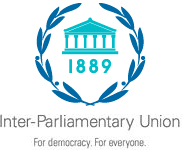



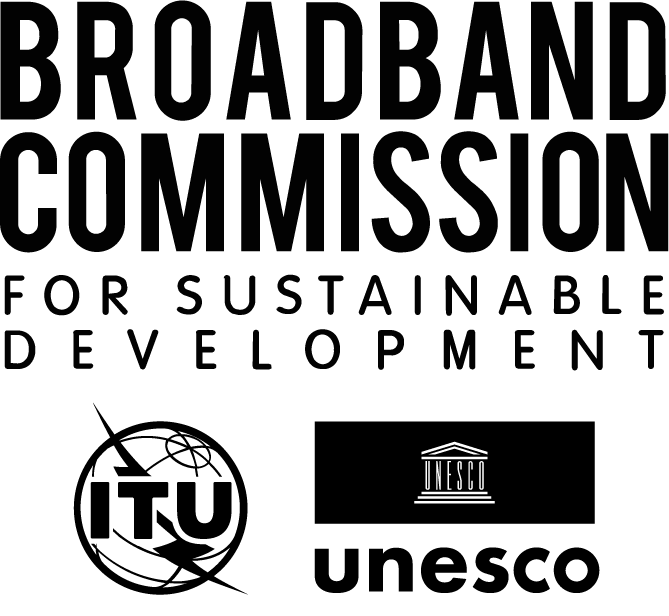
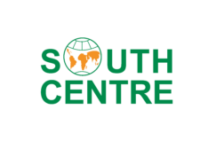
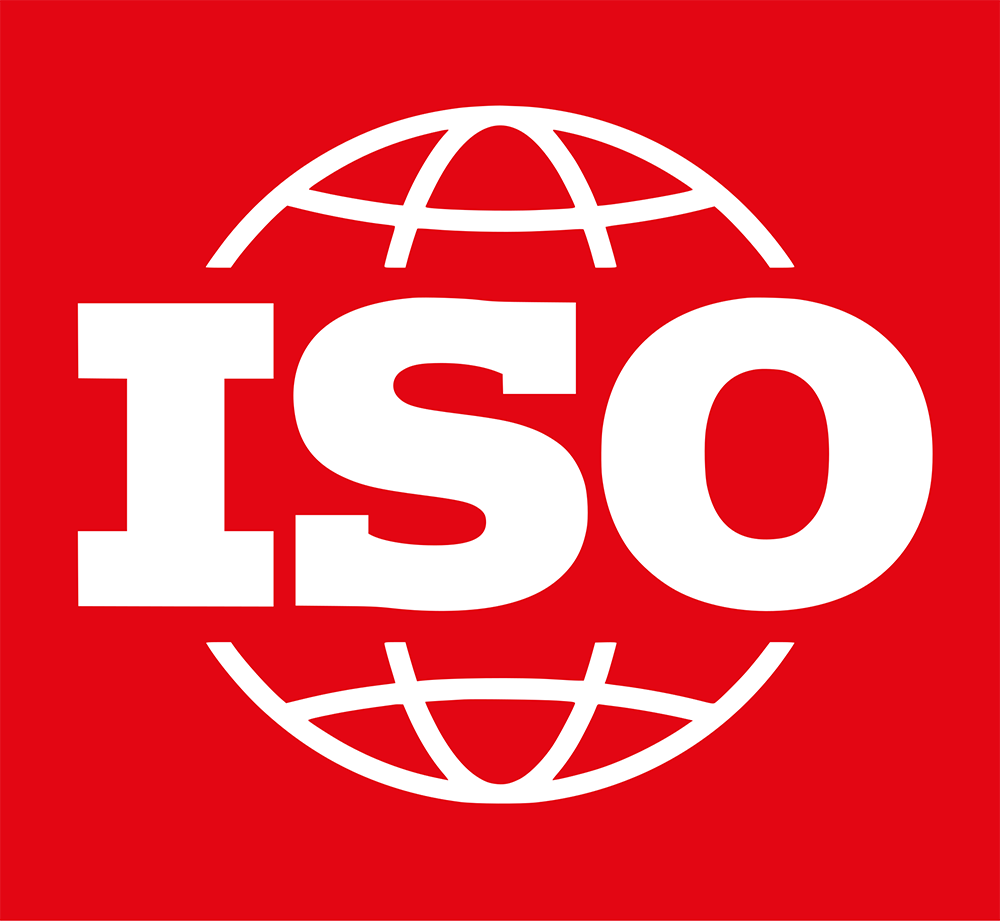
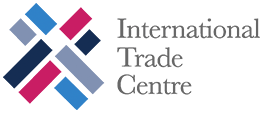
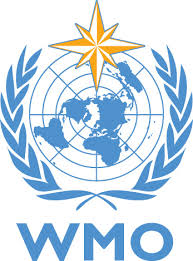
Social media channels
Facebook @InterParliamentaryUnion
Instagram @ipu.parliament_official
LinkedIn @Inter-Parliamentary Union
Twitter @IPUparliament
YouTube @Inter-Parliamentary Union (IPU)